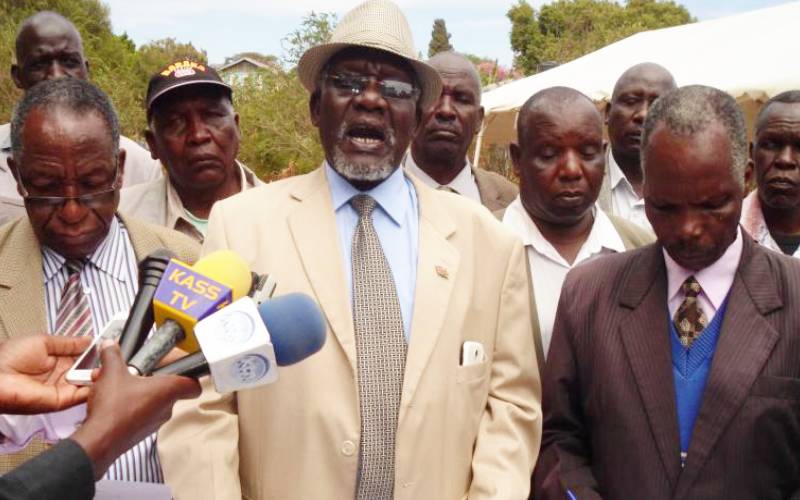×
The Standard e-Paper
Join Thousands Daily

Robert Musyoki, an attendant at Hindu Shamshan Bhumi in Nairobi's Kariokor, where Kibra MP Ken Okoth was cremated on Saturday. [Jonah Onyango, Standard]
The cremation of Kibra MP Ken Okoth has once again stirred debate on the issue that evokes passionate views influenced by cultural practices and religious doctrines.